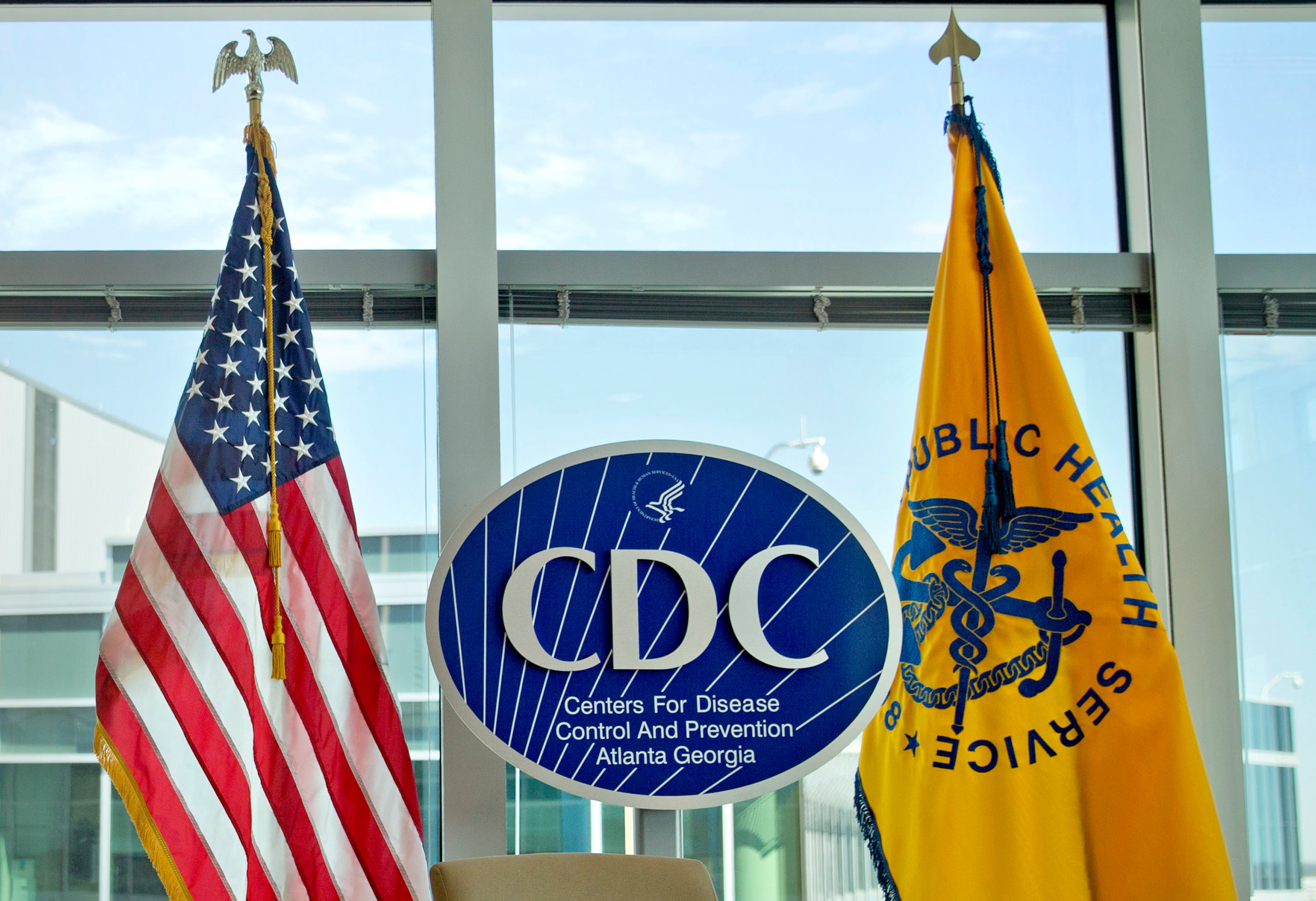US investigates latest case of a rare tropical disease
U.S. health officials are investigating the latest fatal case of a rare tropical disease typically found in South Asia

U.S. health officials are investigating the latest fatal case of a rare tropical disease typically found in South Asia
The unidentified person, who died last month in Georgia was the fourth U.S. case this year of meliodosis caused by a bacteria that lives in soil and water, the Centers for Disease Control and Prevention said Monday.
None of the cases from Georgia, Kansas Minneosta or Texas traveled internationally, puzzling experts. The CDC said two died.
Federal health officials sent an alert about the latest case to doctors, asking them to consider meliodosis if they face a bacterial infection that doesn’t respond to antibiotics — even if the patient has not traveled outside of the country. The CDC said the infection is treatable if caught early and treated correctly.
Though the illnesses were found in different states at different times, the agency said lab analyses showed the infections were closely related.
___
The Associated Press Health and Science Department receives support from the Howard Hughes Medical Institute’s Department of Science Education. The AP is solely responsible for all content.